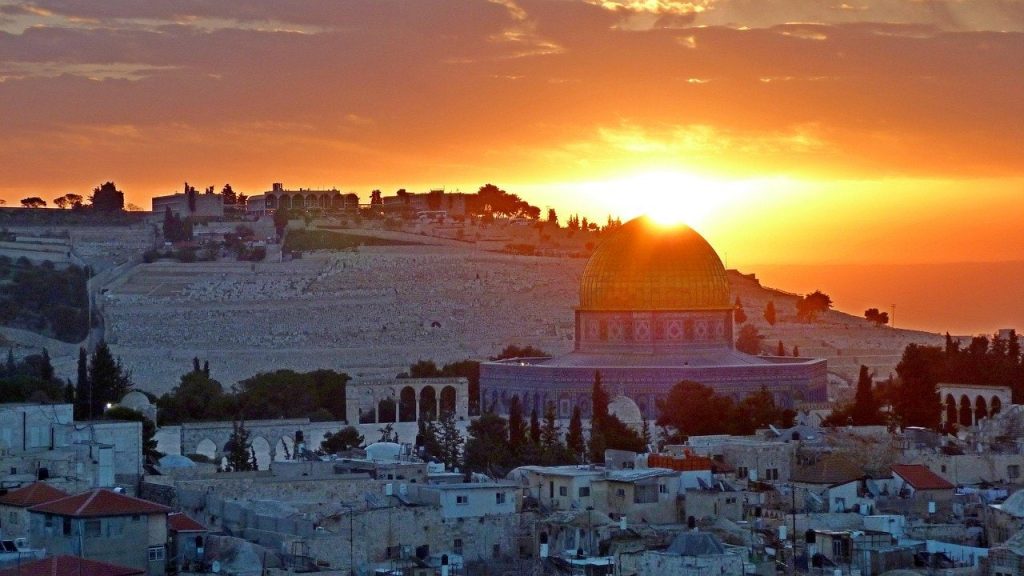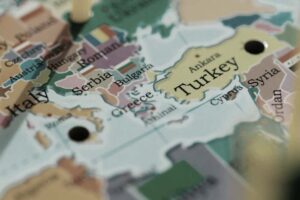
How will the Coronavirus crisis change the dynamics of the Israeli-Palestinian conflict, and what is Russia’s rare opportunity?
Only six weeks ago, Israeli-Palestinian relations were on the brink of eruption. The Palestinians were infuriated by President Donald Trump’s peace plan, Israel was preparing to extend its rule in the West Bank, and violence was on the rise. But then came the Coronavirus and changed everything.
Now, Israel is cooperating with the Palestinians both in the West Bank and Gaza in fighting the virus. Violence has largely stopped. In the short term, the crisis has been more effective than any peace plan. But this is temporary.
The optimistic scenario is that the current honeymoon will produce a positive dynamic. Israel and Hamas will finalized a long-term truce deal, and friction in the West Bank will decline. This is possible, but underlying tensions remain in place. Moreover, once the world contains the Corona outbreak, Israelis and Palestinians will wake up to a different reality.
America will focus its attention on domestic affairs as Trump’s peace plan becomes a distant memory. Dealing with the Corona aftermath and with the US presidential election will sideline anything else. Any energies left for foreign policy will be devoted to the truly big issues, such as China. The Israeli-Palestinian conflict will largely be forgotten.
This shift could encourage Israel to make major moves as the world is preoccupied elsewhere. For example, launch a war in Gaza or annex West Bank settlements. However, the Corona aftermath will also produce a rare opportunity for Russia to step in.
Russian Pressure
This month, Russian Foreign Minister Sergei Lavrov met with the leader of Islamic Jihad, ostensibly to advance peace efforts. In the past, Moscow also hosted senior Hamas representatives. With the US taking a step back, Russia could take a big step forward and position itself as a key power broker in the Israeli-Palestinian conflict.
Russian intervention in the conflict could be very rewarding for Moscow. First, it will boost its prestige as a major regional and global player. More significantly, it will provide the Russians with leverage to press Israel (and, indirectly, America) elsewhere. For example, in Syria.
What will Israel do if Russia objects to Israeli moves in the West Bank and threatens to limit IDF operations in Syria? Or if Moscow drafts a new peace plan, with the blessing of the Palestinians? This could become a more viable scenario if Trump wins the November election, thereby pushing the Palestinian side toward a total rupture with the US.
As Moscow works to reshape Syria, it could aim to elicit Israeli cooperation by turning the pressure on the Palestinian front on and off. Notably, Israel already faces some restrictions because of Russia’s regional presence, both in the air and at sea. Intensive Russian involvement in the Palestinian theater will further compel Israel to comply with Moscow’s demands.
In any case, the Israeli-Palestinian status quo of recent years will likely change in 2020, for better or for worse. Once the Corona crisis is behind us, Israel will be facing some tough choices, in Gaza and in the West bank. In retrospect, these could indeed be historic times for the Middle East.


